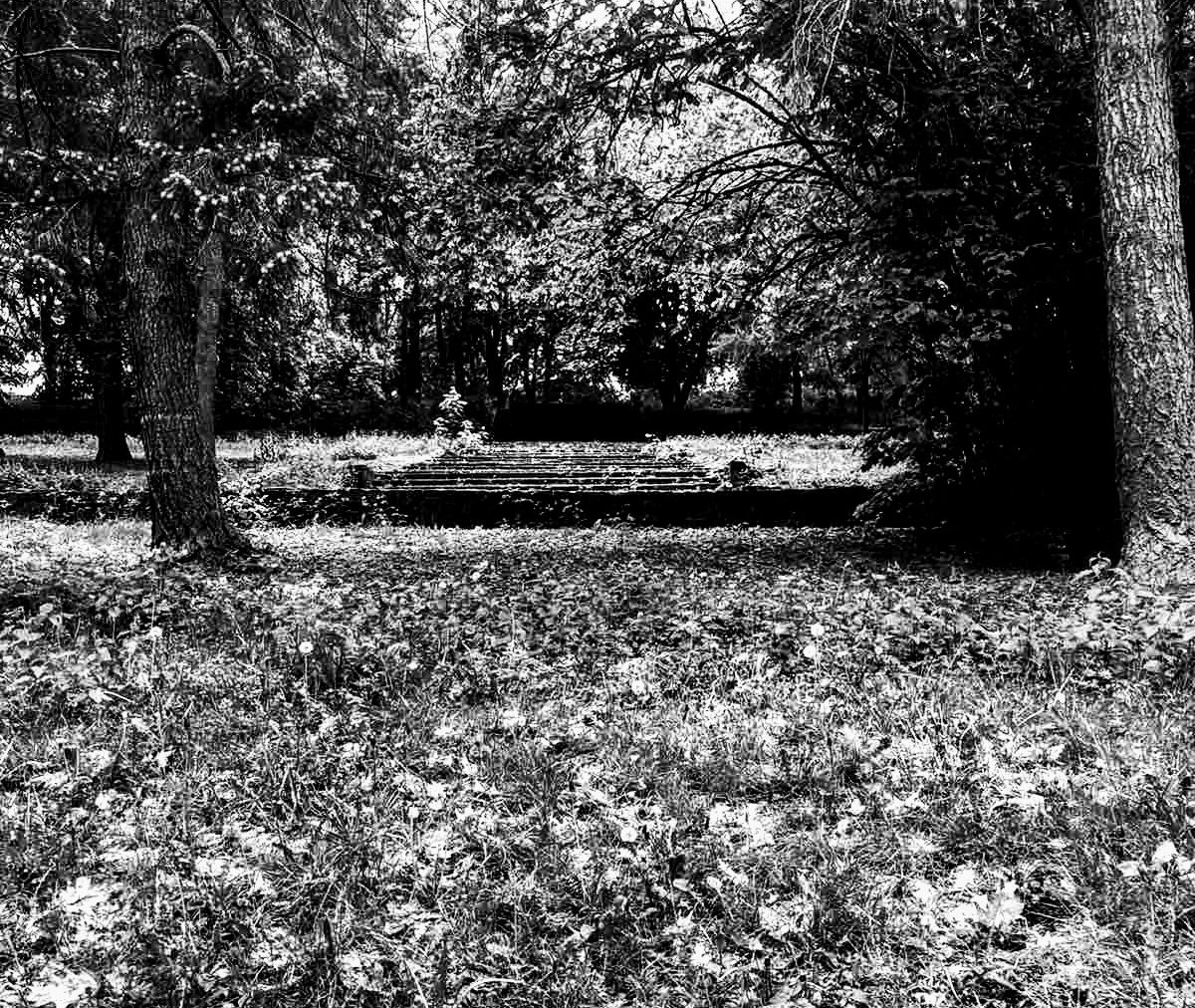In Discourse on Method, Descartes places humans over against nature and brings them together into a relatedness governed by science and the scientific. This bringing together, which is held together only by the scientific, aims at making humans the “lords and masters of nature”, according to Descartes.
This placing over against is the ground in which Descartes’s anti-ecological thinking-philosophizing is grounded. That is, Descartes inserts a distance between humans and nature and hence excludes us from the natural. This excluding is made possible only because of the space opened up by the holding sway of science over that which is. Foucault, in The Order of Things, speaks of a discontinuity that occurs in the relation of humans to nature. This discontinuity is a detachment made possible by, and named, the scientific method.
The undoing of this detachment, which takes place as the scientific method, is that toward which the thinking-poetizing of surrealism is turned. This thinking-poetizing attempts at releasing the human being back into nature, and thus delivering us into the natural. This thinking-poetizing is a re-inscribing within nature; an endeavor to insert poetic thinking into knowing so that a continuity with nature could appear again. In Mad Love, Breton makes possible, and brings us near to, a glimpsing of this continuity through a saying that brings love and nature into each other. In Mad Love, humans are brought back into nature through love and fusion in a relatedness that is non-dualistic. In Esthétique généralisée, Roger Caillois writes:
“Man is not opposed to nature, he is himself nature: matter and life submitted to the physical and biological laws that govern the universe. They penetrate him, cross through him, organize him. He coincides with them, or, at least, they are not separable”
Roger Caillois
Poetic thinking is a thinking toward and into art, eroticism, mythology, and the sacred; a thinking searching for, and releasing itself into, a continuity in which humans and nature are held together and gathered into unity. In this searching and releasing, the Enlightenment is what is re-thought, questioned, and problematized.
Eco-poetics is a poetizing-thinking of the continuity in which humans and nature dwell, and both a response to and a critique of the rationalized separated-ness from nature. In this poetizing-thinking, humans and nature become one and oneness, and nature arises as a force that makes impossible any boundary that separates and renders apart. That is, nature is unifying and unity, erotic and transformative, destructive and impossible. The word, in this poetizing-thinking, says fusion and harmony; it says the undoing of making nature the other of the human being.
“Man can less and less doubt that he is only an excrescence of nature, with which he remains co-substantial and to the laws of which entirely submitted. Yet he has been so successful in domesticating the energies within reach that he is naively persuaded that nature belongs to him, while he knows very well that it is he who belongs to nature and that he is an extension of it, far from having been parachuted in by some God”
Roger Caillois

